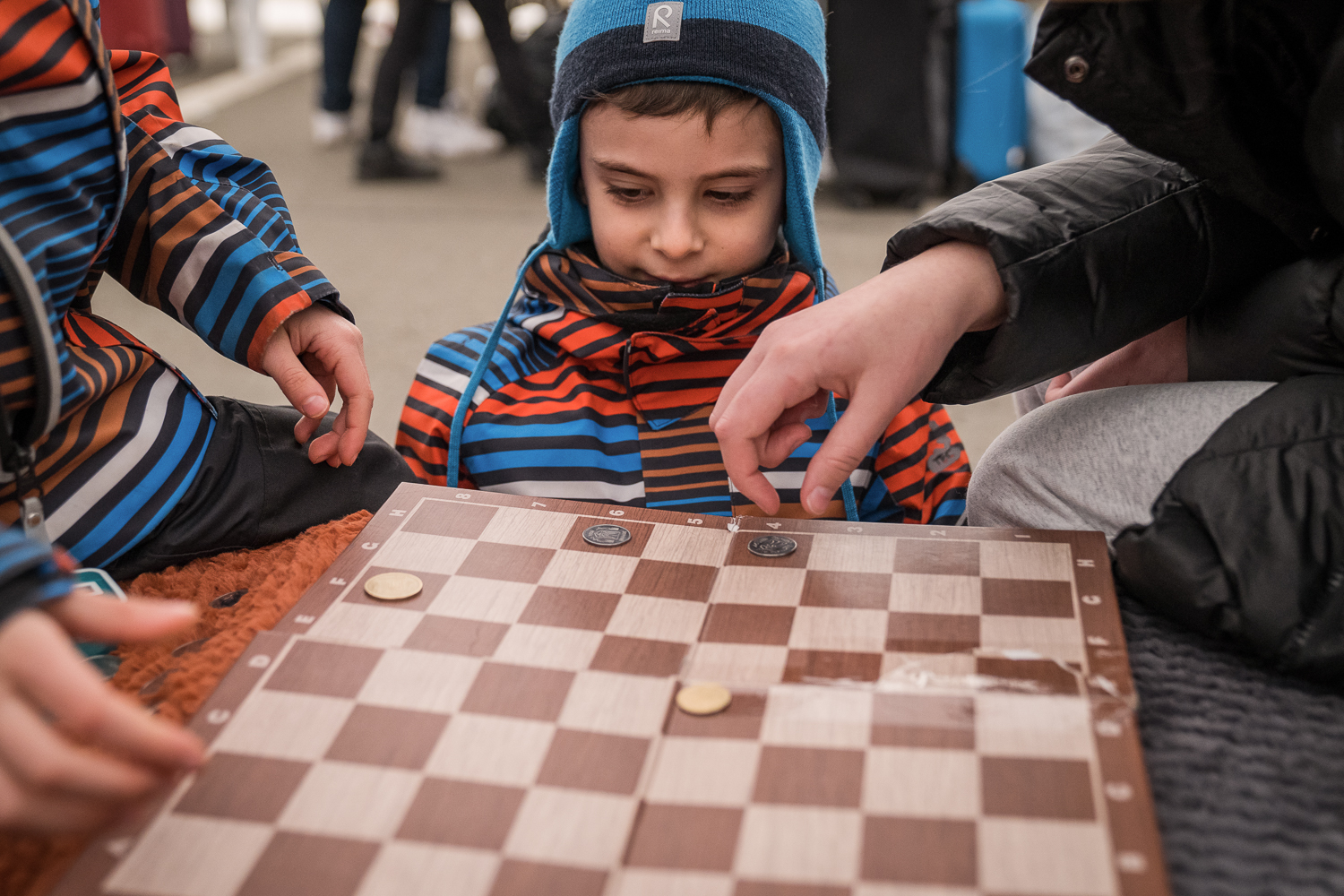
Peru flooding damage leaves two million children out of school
Education in emergencies
About 1390 schools have been damaged and 14,000 schools affected in some way by the worst landslides and flooding seen in the country for 30 years.
Weeks of heavy rain and flooding in Peru has damaged more than 1300 schools and left two million children with no education.
The official start of the school year was delayed for a week because 14,000 schools had been directly affected by the “coastal El Nino” weather phenomenon.
Classes resumed in many parts of Peru two days ago. But estimates say schools attended by two million children will remain closed because of damage or as a preventative measure.
About 1390 schools were damaged in landslides and flooding described as the worst seen in 30 years. Of those, 489 were reported to have collapsed or been left unusable.
“The large number of children temporarily out of school raises also other child protection concerns,” said the United Nations children’s agency UNICEF.
“There are reports of many children and families living in unofficial shelters which are unlikely to meet basic needs, including water, sanitation and hygiene as well as protection.”
Peru and other countries have been affected by the El Nino phenomenon, a rise in sea temperatures that increases evaporation and causes heavy rains.
About 90 people have been killed, hundreds injured and more than 700,000 left homeless by the floods and landslides – including 285,000 children. About 29,000 homes and hundreds of bridges have been totally or partially destroyed.
Peru’s First Vice-President Martin Vizcarra predicted the rebuilding of damaged infrastructure could cost $1 billion and take three or more years. But he said restoring schools would be one of the top priorities.
“I cannot do it [reconstruction works] directly – there is procurement to be done. The study alone takes six to eight months,” he said.
“It will take at least two to three years to do it right.”
“I have lost my grocery store and my house, which no longer exists,” said Mariano Carreras of Chongoyape, a town in the Lambayeque region.
“My children have no clothes to wear, and the flood took away all their school books,” he told The Los Angeles Times. “We are desperate and having nothing. Who will help us?”

Save the Children said half of the country had been affected.
Last week the charity it said it was distributing hygiene and school kits to families living in shelters.
Staff were also setting up child-friendly spaces where children can feel safe and protected, receive help from specialists and play with other children.
Carolyn Miles, President and CEO of Save the Children, said: “Thousands of children have been out of school for months. In Lima alone, 85 schools have been closed.”
More news

Theirworld’s mission to give children in crises a safe place to learn
